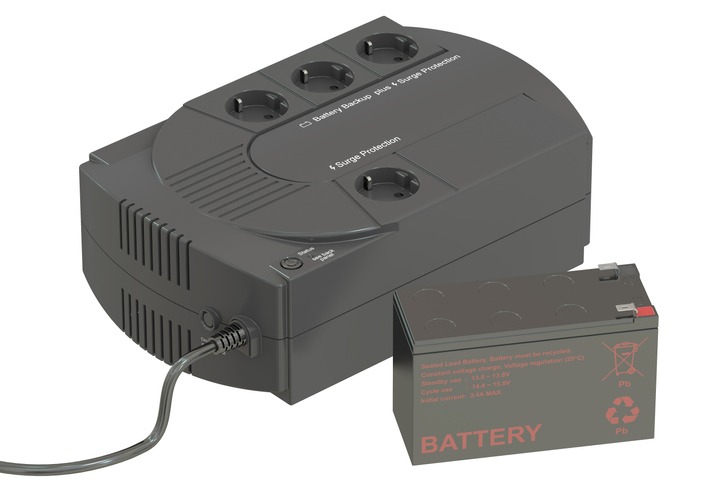There is no saying when you may have to face a power outage. Your life could be affected if the power outage lasts a long time. Be it bad weather or a shortage of energy, there is no end to the different reasons that could cause an outage. And during such times as an individual, there wouldn’t be much you could do about it. Hence, to prepare for such times, it would be best to have a backup power supply on standby.
To avoid such scenarios, you could use an in-house power generator or an inverter, apart from various other options today. But among all the choices, one that stands out the most is an inverter, and this article shall list a few factors for you to keep in mind when buying one.
Inverter vs UPS
An inverter is an electricity-generating device that provides standard household AC power from a low-voltage DC power input which it stores over time and supplies power when needed.
UPS is a better backup power supply solution than an inverter, as the latter usually takes about a microsecond to start functioning, which could damage sensitive appliances like PCs, TVs, etc.
Understanding Your Power Requirement
Power requirement is the total energy you will need to operate all the essential appliances in your house during an outage. If there are multiple units of the same appliance you would require during a power failure, then you must multiply the number of units of that appliance by the power usage of that appliance.
The Battery
When buying a UPS, ensure that the capacity of the batteries that go into the UPS matches the capacity of the UPS. The UPS’s capacity is the quantity of power it can supply at a time, while the battery’s capacity is the amount of electricity it can store.
Choosing the Right Battery
Look for the ideal battery capacity that you will need, measured in ampere-hours and is found to be based on the backup duration you will need for running your appliances.
Here’s a formula to help you calculate the right amount of battery capacity that you will you require, which shall help you pick the correct battery:
Battery capacity = Backup time * Power needed (in watts) / The voltage of the battery (which is usually maintained at 12 V)
Determining the VA Rating of the UPS
The UPS capacity is measured in volt-ampere (VA) and is proportional to the entire load you aim to power through. An accurate measure of this capacity can be determined by dividing the load you would like it to support by the power factor of the UPS. The value of the UPS capacity can be mentioned in the description of the product you choose to buy.
Deciding between the type of UPS
Based on the AC power your appliances require, you will have to choose between standby UPS, line-Interactive UPS, online, and double conversion UPS. Although you can choose one, standby or offline UPS are generally preferred due to their cost effectiveness and faster switch to battery.
Final Remarks
Owning a UPS is a smart investment and will provide a backup power supply that will ensure that your life and the lives of your family members are not affected by the uncertainties of the time you live in. Keeping the suggestions provided in this article will ensure you pick a UPS that is right for your needs.
Author: Alison Lurie

